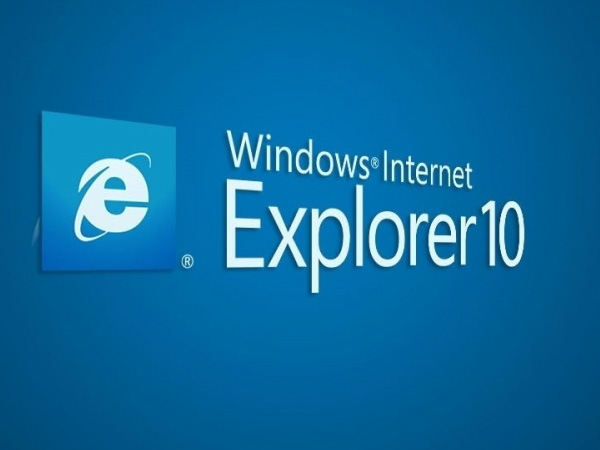IE 10 is Most Energy Efficient Web Browser for Windows 8
Microsoft has announced that its Internet Explorer browser has been awarded the title of most energy efficient browser for Windows 8.
Microsoft took to its Exploring IE blog to brag about Internet Explorer and the fact that it's snagged the honor of being named the most energy efficient web browser for Windows 8. Of course, one could argue that it would be a bit embarrassing if a browser other than Microsoft's own won, but why argue? It was World Environment Day, let's not spoil it.
The Center for Sustainable Energy pitted IE 10 against Chrome 26 and Firefox 21, testing all three on desktops and laptops in several difference situations including browsing the USA's most popular websites, Flash video and HTML 5. The Center found that IE uses up to 18 percent less energy than Chrome and Firefox. Apparently, if every Chrome and Firefox user in the United States switched to Internet Explorer 10, the amount of saved energy could power over ten thousands American households.
"Power consumption is an important, but often overlooked, consideration in building a modern browser," said Roger Capriotti, Director, Internet Explorer Marketing. "It is one of our objectives to lead the industry in power requirements because the more efficiently a browser uses power, the longer a user can enjoy the Web on a PC, the lower the electricity costs and the smaller the environmental impact."
Mozilla's Firefox is currently on version 21 while Google Chrome is on version 27.
Get Tom's Hardware's best news and in-depth reviews, straight to your inbox.

Jane McEntegart is a writer, editor, and marketing communications professional with 17 years of experience in the technology industry. She has written about a wide range of technology topics, including smartphones, tablets, and game consoles. Her articles have been published in Tom's Guide, Tom's Hardware, MobileSyrup, and Edge Up.
-
PedanticNo1 That's some serious spin to cover what are no doubt incredible performance deficits.Reply
". . . the more efficiently a browser uses power, the longer a user can enjoy the Web on a PC, the lower the electricity costs and the smaller the environmental impact."
What? My PC operates on batteries? 10,000 homes if 300 million people would just use this one browser. Lol. Pathetic marketing. -
Spooderman Yes, and the amount of rage after switching to IE 10 would contain the power of a thousand suns.Reply -
koga73 Wow I thought MS couldnt make IE any worse until I saw the windows 8 implementation. As a developer IE has always been a pain in the ass but now with Windows 8 its even worse because now there are two different versions of IE. Desktop and Metro and they behave differently. Developers need to come together and stop supporting IE all together. Throw up a message to the user telling them to get a real browser.Reply -
cmartin011 So after all the cpu cycles used because of the malware the browser automatically lets surely make up for the efficiency gain. And not only that the energy burned from the screen waiting for the browser to respondReply -
ddpruitt Replyat the request of Microsoft we set the JavaScript timer frequency to “conserve power” in the Windows power options. We found, however, that the default Javascript time frequency for all computers tested was set to“maximum performance.” We did not investigate the impact of this setting upon browser power draw.
Sorry I saw this line in the actual paper, so this means the entire paper is bunk. On top of that the tests were done manually. Deliberately adjusting your setup to reduce power draw while leaving others at default is total BS.
Another lame attempt by MS to manipulate PR rather than fix their software.
